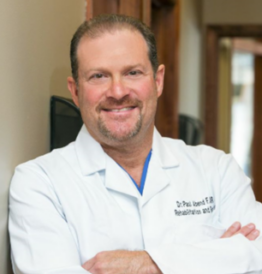Non-operative orthopedic sports medicine doctors specialize in treating musculoskeletal injuries without surgery. They focus on diagnosis, non-surgical treatments, and rehabilitation to help athletes and active individuals return to their sport or activity. These doctors manage a variety of conditions, including sprains, strains, tendonitis, and fractures, using methods like physical therapy, medication, injections, and bracing.
Here’s a more detailed look at what they do:
1. Diagnosis and Assessment:
They use their knowledge of the musculoskeletal system to accurately diagnose injuries, often utilizing imaging techniques like musculoskeletal ultrasound.
- They assess the severity of the injury and determine the most appropriate course of treatment.
2. Non-Surgical Treatment:
-
Physical Therapy:They prescribe and oversee physical therapy programs to improve strength, flexibility, and range of motion.
-
Medication:They may prescribe pain relievers, anti-inflammatory medications, or other drugs to manage pain and inflammation.
-
Injections:They may administer injections, such as corticosteroid or hyaluronic acid injections, to reduce pain and inflammation in joints or tendons.
-
Bracing and Casting:They may use braces, splints, or casts to immobilize and protect injured areas.
-
Regenerative Medicine:They may utilize treatments like platelet-rich plasma (PRP) or stem cell therapy to promote healing.
3. Rehabilitation and Return to Activity:
- They work with patients to develop a comprehensive rehabilitation plan to return to their sport or activity safely.
- They provide guidance on injury prevention and strategies to minimize the risk of re-injury.
4. Referral to Surgeons:
- If a patient’s condition requires surgery, they can refer the patient to an orthopedic surgeon for further evaluation and treatment.
In essence, non-operative orthopedic sports medicine doctors are experts in the conservative management of musculoskeletal injuries, helping patients heal and return to their active lives without surgery whenever possible.
